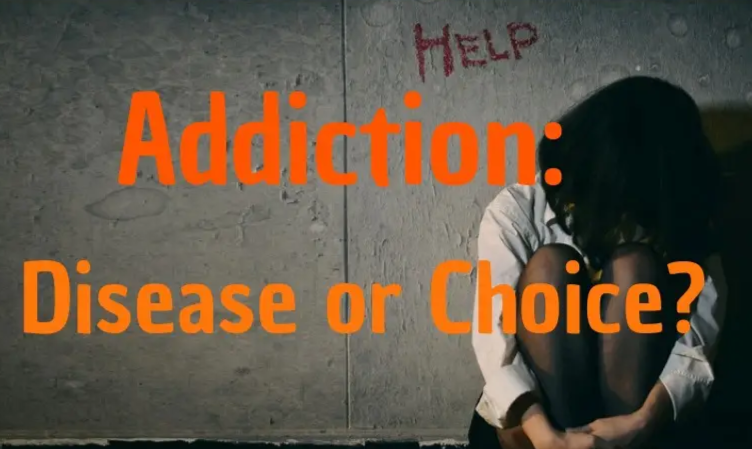Why Addiction Is A Family Disease
Addiction doesn’t just impact one person. It sends shockwaves through entire families, changing routines, relationships, and how family members see themselves and each other. When I started learning more about addiction, I noticed how often the stories weren’t just about an individual’s struggle, but about parents worried sick, siblings growing distant, and everyone feeling the … Read more









